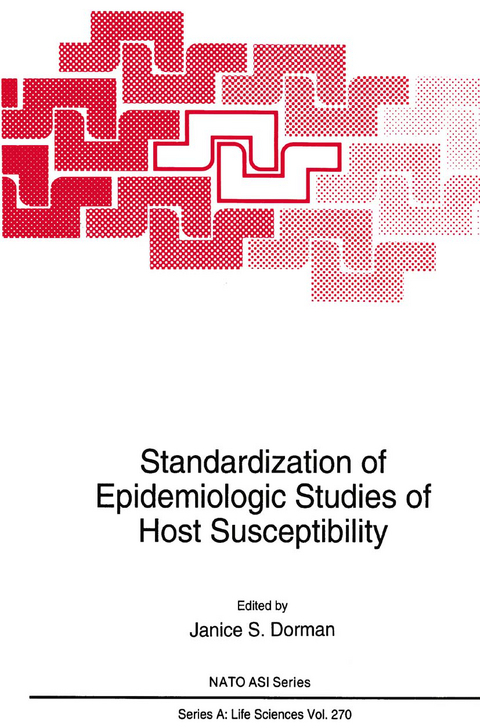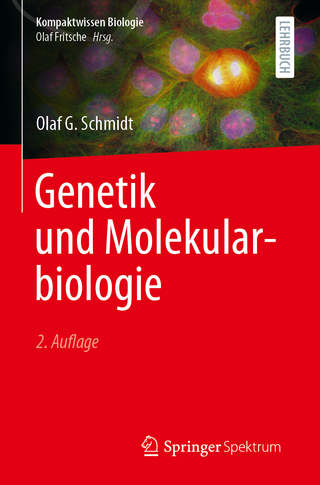
Standardization of Epidemiologic Studies of Host Susceptibility
Springer-Verlag New York Inc.
978-1-4899-1215-2 (ISBN)
Epidemiologic Standards for Diamond.- Preventing Diabetes — A Health Paradigm for the Next Century: Perspectives from the International Diabetes Federation (IDF).- The Contribution of DIAMOND and Multinational Studies to Epidemiological Research.- Beyond Insulin-dependent Diabetes Mellitus Registries: Capture-Recapture Approaches for Monitoring Incidence.- Epidemiology of IDDM in Childhood in the Baltic Sea Region.- Standards for IDDM Epidemiology in Asia.- Familial IDDM Epidemiology.- Standards for Family History Data Collection and Analyses for the WHO DIAMOND Project.- Siberian IDDM Register and the Collection of Standardized Family History Information.- The Epidemiology of Familial Insulin-dependent Diabetes Mellitus (IDDM) in Hungary.- The IDDM Registry in the Province of Turin (Italy): Preliminary Data of the Familial Study.- The Risk of Insulin-dependent Diabetes in Offspring of Parents with Insulin-dependent Diabetes.- Differential HLA Contribution from Fathers Versus Mothers to IDDM Susceptibility.- HLA-DR3 and DR4 Allele Segregation in IDDM Families and in Controls.- Preliminary Results of HLA Serological Typing of Insulin-dependent Diabetes Mellitus Families in Puerto Rico.- Methods for Epidemiologic Studies of Host Susceptibility.- Case-Control Molecular Epidemiology Studies: Standards for the WHO DIAMOND Project.- Genetic Determinants of IDDM Incidence: An International Study of HLA Haplotypes in Multiplex Parent-Child Families.- Challenges in the Genetic Epidemiology of Insulin-dependent Diabetes Mellitus.- Molecular Studies of Genetic Distance and Admixture.- Immune Markers in Population Surveys and Family Studies.- Geographic Differences in Antibodies to Glutamic Acid Decarboxylase in Insulin-dependent Diabetes Mellitus.- Population, Case-Control andFamily Studies of Host Susceptibility.- Does Beta Cell Death Result Exclusively From Genetically-Mediated Autoimmune Mechanisms? A Polemic — The Case for Environmental Factors in the Etiology of Insulin-dependent Diabetes Mellitus.- IDDM Epidemiology in Russia: Current and Future Directions.- HLA-DQB1, DQA1 and DPB1 Alleles in Sardinian Patients with Insulin-dependent Diabetes Mellitus.- Analysis of HLA-DQ Alpha and DQ Beta Genes in Type I (Insulin-dependent) Diabetes.- The Incidence of IDDM and Molecular HLA-DQB1 Typing in Macedonian Children.- HLA-DR, DQ System and IDDM in Japanese.- Immunogenetic Aspects of Adult Onset IDDM in Korea.- Predisposition to Insulin-dependent Diabetes Mellitus: Role of HLA and non-HLA Genes.- Evidence for the “Genetic Admixture Hypothesis” That the Increased Incidence of IDDM Among African Americans Compared to Africans is Due in Large Part to Susceptibility Gene(s) Which Entered Through Admixture with the European American Gene Pool.- HLA Studies Among North Indian Type I Diabetes.- Laboratory Standards for Epidemiologic Research.- Advancements in DNA Technology as Applied to the Study of the Human Histocompatibility Complex.- Molecular Epidemiology and DNA Technology Transfer: A Program for Developing Countries.- Effective DNA Technology Transfer to Developing Countries.- International Research and Training Through the Fogarty International Center.- Posters.- Incidence, Seasonal Patterns and Clinical Characteristics of IDDM in the “Three Cities Study” in Poland for the Years 1986–1990.- High Incidence of Insulin-dependent Diabetes Mellitus Among African American and Hispanic Children in Chicago.
| Reihe/Serie | Nato Science Series: A ; 270 |
|---|---|
| Zusatzinfo | XII, 285 p. |
| Verlagsort | New York |
| Sprache | englisch |
| Maße | 155 x 235 mm |
| Themenwelt | Studium ► 2. Studienabschnitt (Klinik) ► Humangenetik |
| Studium ► Querschnittsbereiche ► Epidemiologie / Med. Biometrie | |
| Studium ► Querschnittsbereiche ► Infektiologie / Immunologie | |
| Studium ► Querschnittsbereiche ► Prävention / Gesundheitsförderung | |
| Naturwissenschaften ► Biologie ► Botanik | |
| Naturwissenschaften ► Biologie ► Zoologie | |
| ISBN-10 | 1-4899-1215-0 / 1489912150 |
| ISBN-13 | 978-1-4899-1215-2 / 9781489912152 |
| Zustand | Neuware |
| Haben Sie eine Frage zum Produkt? |
aus dem Bereich


